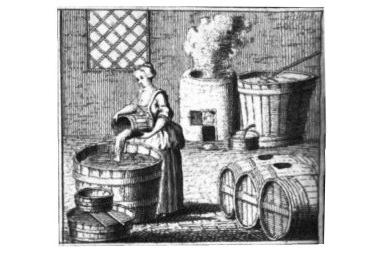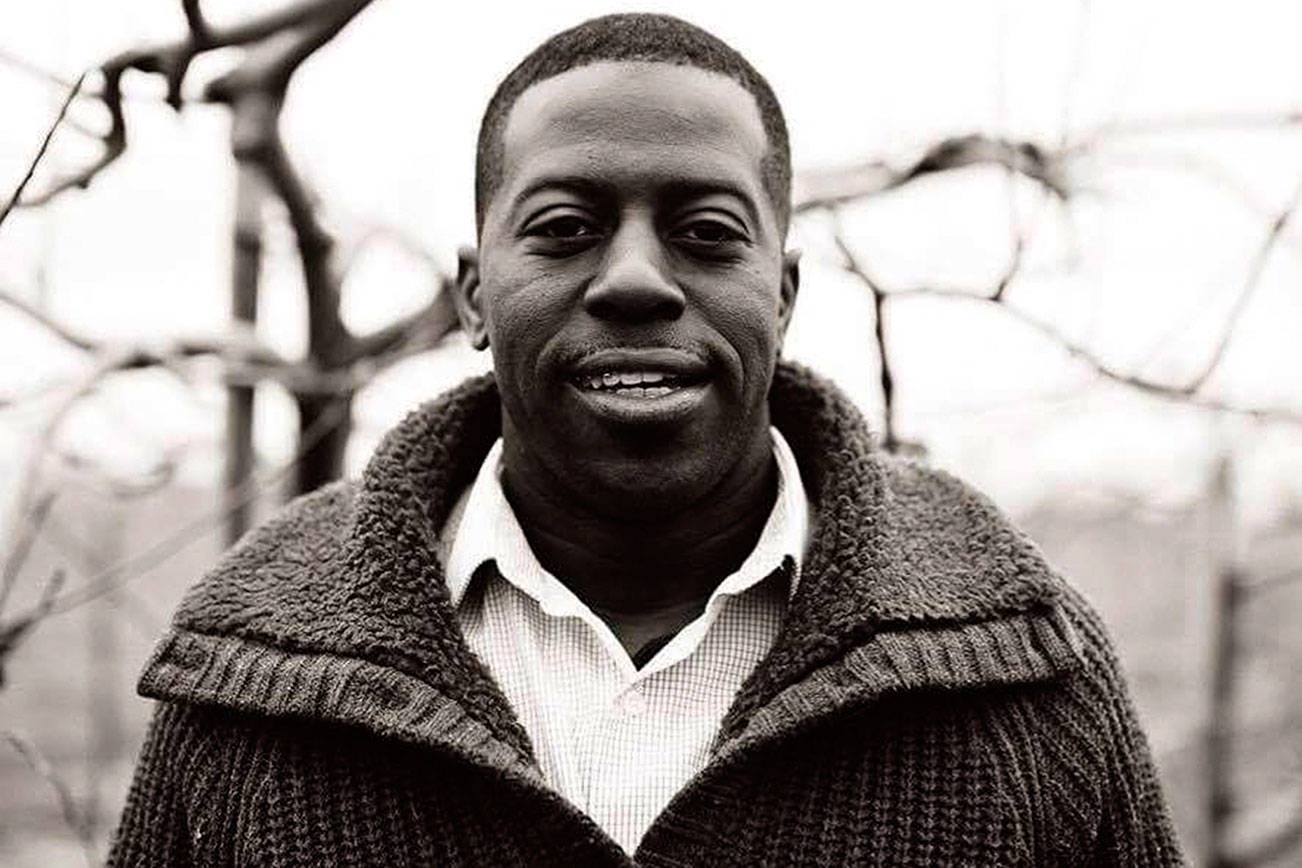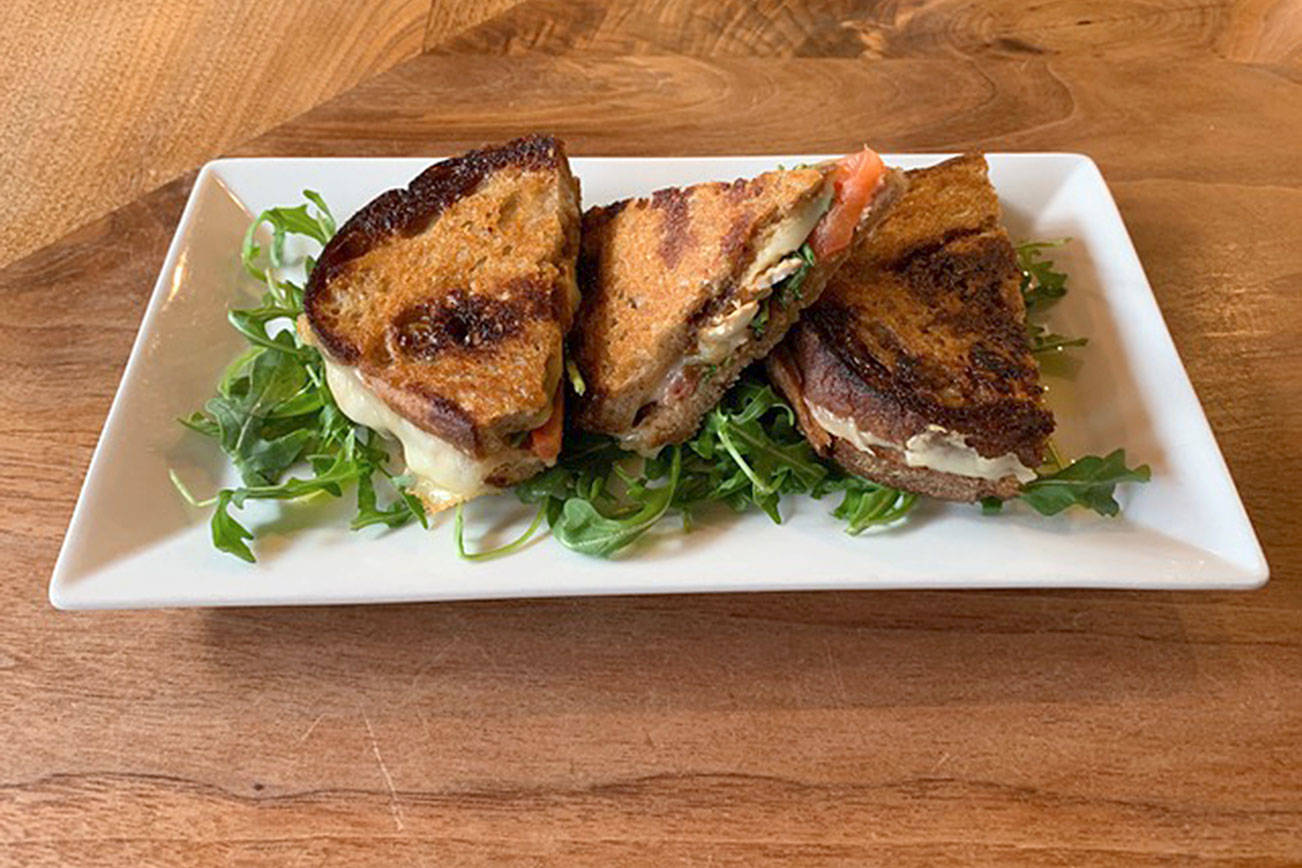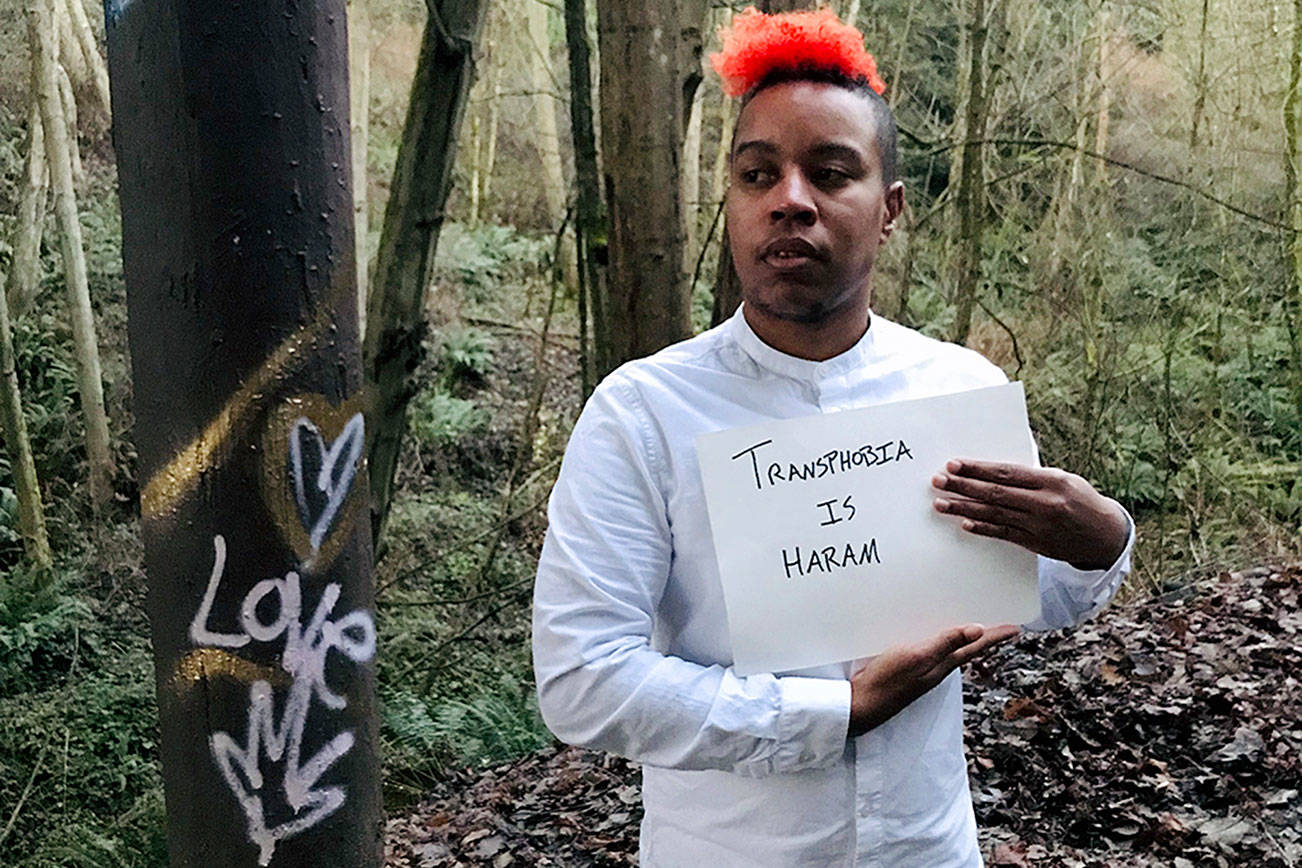Before the Industrial Revolution, women ruled the beer-brewing world. It’s true. The act, associated with the kitchen primarily, was handled mostly by women, who first brewed beer for their families, then for their communities, and later, when a little money was available, for paying customers in tap houses.
Back then, beer was brewed for health (European water supplies were dirty) and for sustenance (grains have lots of calories). But once beer was seen as a vast money-making commodity, men pushed women out and took over the business. Ever since, women haven’t been represented in the industry nearly enough.
In the past 10 to 20 years, however, that’s finally been changing. In the Pacific Northwest, many women are involved in the brewing industry, and many of them do everything but brewing, says Chuckanut’s Mari Kemper—from selling to customers to handling finances.
Stoup Brewing’s Robyn Schumacher, however, does it all. She’s an owner, brewer, taproom manager, and, since passing the test in 2012, a certified cicerone—the first-ever female cicerone in Washington. “I always loved beer,” says Schumacher over the telephone while watching over a freshly brewed boiling concoction. “I brewed at home for a long time, I’ve always liked the communal aspect of beer and the beer industry. The science part of it I really enjoy also.”
In a world where beer ads are targeted to the male gaze and most women are sold light beers instead of the full range available, Schumacher says, “My main thing is that I want women to understand we’ve been forgotten… . There’s really no difference in our enjoyment of beer.”
It’s for these reasons that Teri Fahrendorf founded the Pink Boots Society in 2007, which aims to “empower women beer professionals.” A longtime brewer who’d just quit her job, she found herself seeking breweries and brewers—especially women—across the country. “I kept hearing, ‘I thought I was the only one!’ ” says Fahrendorf, who began keeping a list of women brewers around the country, which became the beginnings of the society. Later she brought 16 women brewers together in a room (with no men) and came up with the society’s mission. “We didn’t know what it would feel like,” she admits. “Men wanted to come, but I said no.”
Today, the Pink Boots Society, founded here but serving people all over the world, aims to educate women interested in brewing (for example: Is it safe for a pregnant woman to brew with certain chemicals?), and it also provides scholarships for hopeful women brewers. In the Society’s nine years, the membership has grown from 60 to about 2,000.
“Over my career I’d seen a few women come in [to the industry] and quit,” she says. “If those women had the support, maybe they would have stayed in it, too.”
beerhunting@seattleweekly.com








